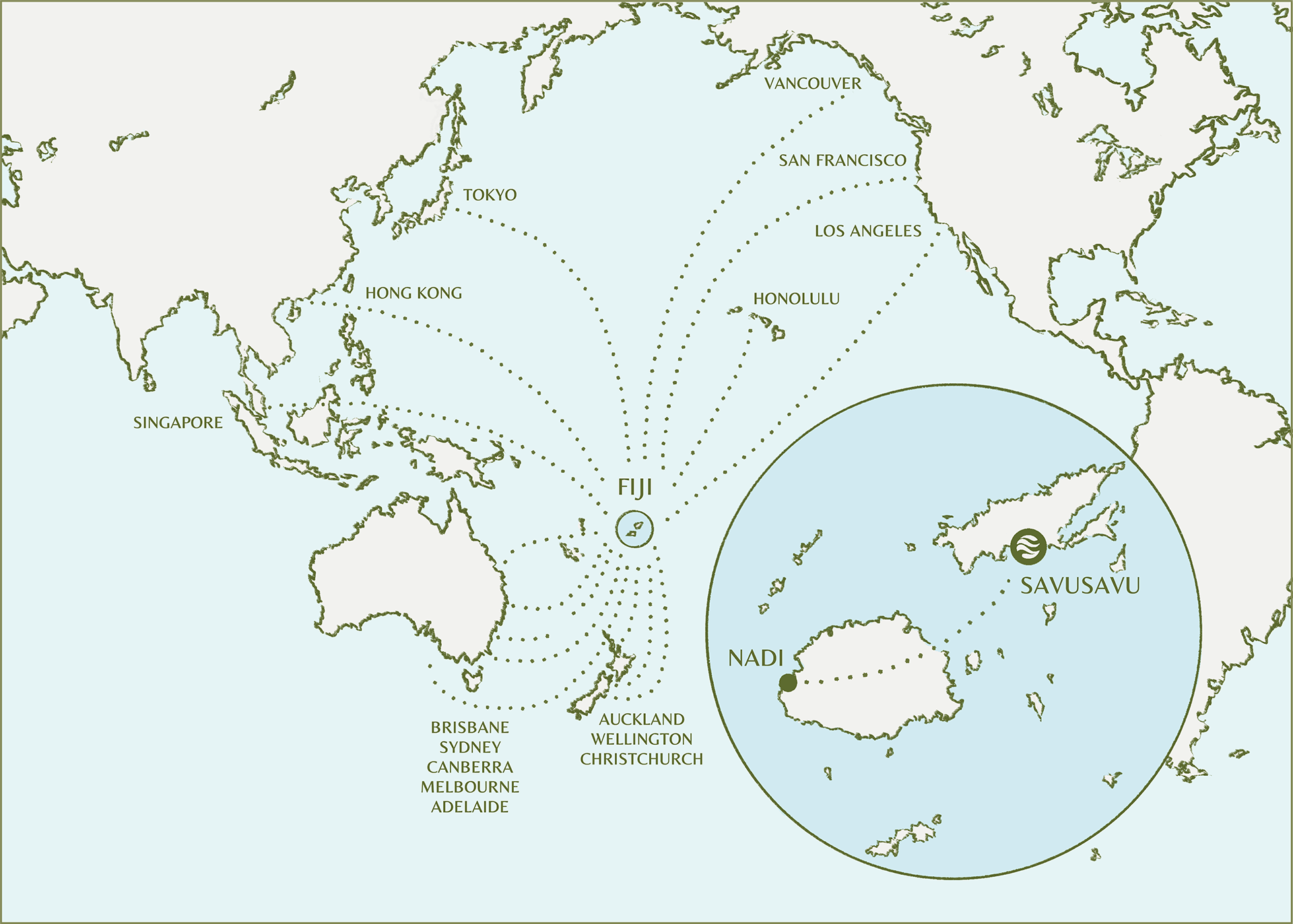STORIES
Taro
Taro
Characteristics
Perennial, tropical plant. Primarily grown as a root vegetable for its edible, starchy corm. Leaves up to 40×35 cm and sprout from the rhizome, dark green above and light green beneath, highly water-repellent. Taro is one of few crops (along with rice and lotus) that can be grown under flooded conditions.
Distribution
Native to Southern India and Southeast Asia but is widely naturalized in tropical and subtropical regions around the world. Taro corms are a food staple in African, Oceanic and South Asian cultures.
Natural Medicine Properties
The plant is antibacterial and hypotensive.
A decoction of the leaves is drunk to promote menstruation.
A decoction, together with some parts of other plants, is taken to relieve stomach problems and to treat cysts.
In New Guinea, the leaves are heated over a fire and are applied as a poultice to boils.
The sap of the leaf stalk is used in treating conjunctivitis
The scraped stem, together with some parts of other plants, is used to create an appetite.
The plant is used to treat wounds.
Did you know?
Taro is believed to have been one of the earliest cultivated plants.
Literature
World Flora Online
WorldChecklist of Selected Plant Families
A working list of all plant species
SUBSCRIBE
Stay up to date
To stay in touch and be inspired by our latest news & stories from Jean-Micheal Cousteau Resort Fiji, please register your interest.








